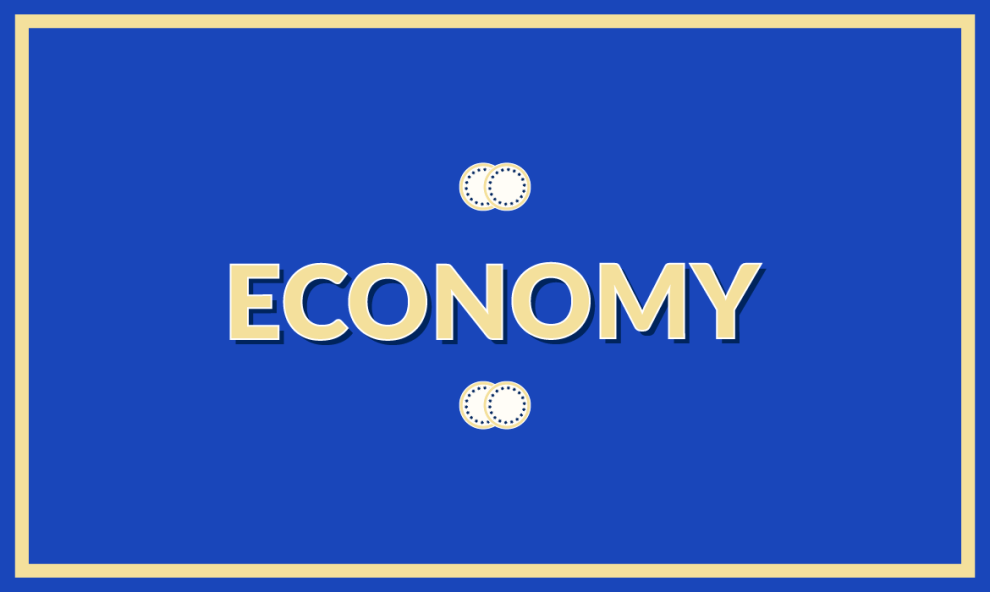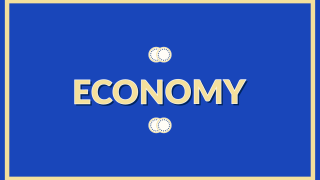In his essay on the origin and significance of America, Alfonso Reyes writes that “Before being this firm reality, which at times enthuses us and at others makes us uneasy, America was the invention of poets, the charade of geographers, the hearsay of adventurers, the greed of enterprises, and, in sum, an inexplicable appetite and impulse for transcending the limits”. Over the past several decades, Mexico lost the ability to transcend limits and to construct a solid base for growth. However, truth to tell, efforts have not been, nor were they, few to erect the foundations of sustained growth. But at any rate, these never materialized.
Explanations of the phenomenon abound, some interested, others the product of more serious and profound analysis. Many industrialists attribute it to what they call contraband, while others, to the inequality of conditions confronting enterprises with respect to other markets. From the Left, the basic criticism clings to the government’s supposed abandonment of its function as promoter of development, essentially through spending and public investment. Microeconomics scholars touch upon specific market-access and competition problems in general, as well as with the low levels of productivity growth. The federal government studied the World Bank’s scoring methodology and addressed specific issues to improve Mexico’s grade in the “ease of doing business” category. Each of these perspectives contributes to explaining the nature of obstacles to growth but, after decades of mediocre performance, perhaps it is time to rethink the entire approach or, as Alfonso Reyes would say, to reanimate the appetite and impulse for transcending limits.
The environment that characterizes the public debate tends to be too ideological to allow for a healthy discussion regarding the nature of the problem. In fact, the discussion is frequently so absurd that there is not even agreement on when the problem began. If one abides by the numbers, it appears evident that the problem of growth emerged in the mid-sixties when, for the first time, the country ceased to have surplus corn for export which, together with other raw materials and grains, had been a fundamental source of financing for importing machinery, equipment, or supplies for industry. That moment triggered the debate on the opening of the economy: the very same debate that would be won by those who championed statist solutions that, underwritten as they were with debt and oil exports, dominated the panorama during the seventies. Later would come the reforms of the eighties and nineties that, although weighty in many respects, never fully reverted the “deeds” consummated throughout the seventies into the form of regulations, government-owned enterprises, and other subsidy, protection, and control mechanisms.
After more than four decades of unexceptional economic performance, it seems to me that the focus should change radically: rather than pursuing ways for the government to PRODUCE a sustained economic recovery, it is time that the government MAKES POSSIBLE the recovery. Although this appears to be a mere play on words, the focus is radically distinct: in the first case, the government assumes the responsibility of growth making use of the expenditure, investment, regulations, state-owned ventures, and other instruments within its reach. That is, everything that has not worked in 45 years. The alternative would be for the government to create conditions under which growth would be possible. Although many of the instruments would be the same, the manner of deploying them would be very different: instead of protecting some and favoring others, the government would create general rules, the same for all; instead of indulging the producer, it would launch a decided defense of the consumer; rather than changing the rules and regulations at every turn, it would create a permanent regulatory framework that is shored up on solid property rights; rather than making exceptions for government-owned corporations such as PEMEX, these would be required to respond to the consumer and to competition like any other company, independently of the nature of the ownership. The governmental focus of recent decades creates an ambience of uncertainty that discourages investment, savings, and production.
Some months ago, Gordon Hanson published a study* on why Mexico is not a rich country. His point of departure is that the country has carried out many reforms and that, in general, these are much more extensive than those of the majority of countries at a similar level of development but, unlike these, it has not achieved a rise in its growth rate. His analysis is also interesting because it excludes many of the clichés and myths that persist in the milieu: Corruption? Yes, but many countries that do grow are equally corrupt; Hispanic heritage? Yes, but, with the exception of Venezuela, Mexico is the country with the least growth in the region; Government-owned firms? Yes, but there are many in Asia and Latin America and these enterprises do not have to be an impediment; Cultural rejection? Perhaps, but not at all distinct from that of the remainder of the continent that grows with celerity. Hanson’s conclusion is interesting because it does not pretend to attain the philosophers’ stone. From his point of view, there are five factors that interact negatively to impede the growth of productivity, but it is very difficult to know the relative importance of each, which is why there is the risk of overestimating a specific cause only to later find that the problem lay elsewhere. The factors are the following: extremely poor allocation of credit; high incentives for the informal sector; a poor educational system; control of some key markets; and vulnerability to external shocks. However, the core of his conclusion is that there is no governmental capacity, that is, that the government is barely effective, that it generates too many distortions, and that it does not contribute to resolving the problems of the economy despite having attempted to so with such diligence.
Mexico has endeavored for decades to set economic growth aright. Along the way, solutions were tested that plainly did not achieve it, but a deep-seated wake of uncertainty has been created. The only lesson that is clear to me is that a strong government is required with a great capacity of action to render market functioning possible. Today we know that we have a weak system of government that has done its best to attempt to regulate, if not substitute for, the functioning of markets. Perhaps it’s high time to make possible for these to work.
*Hanson, Gordon, Why Isn’t Mexico Rich? NBER
Uncertainty






Comments